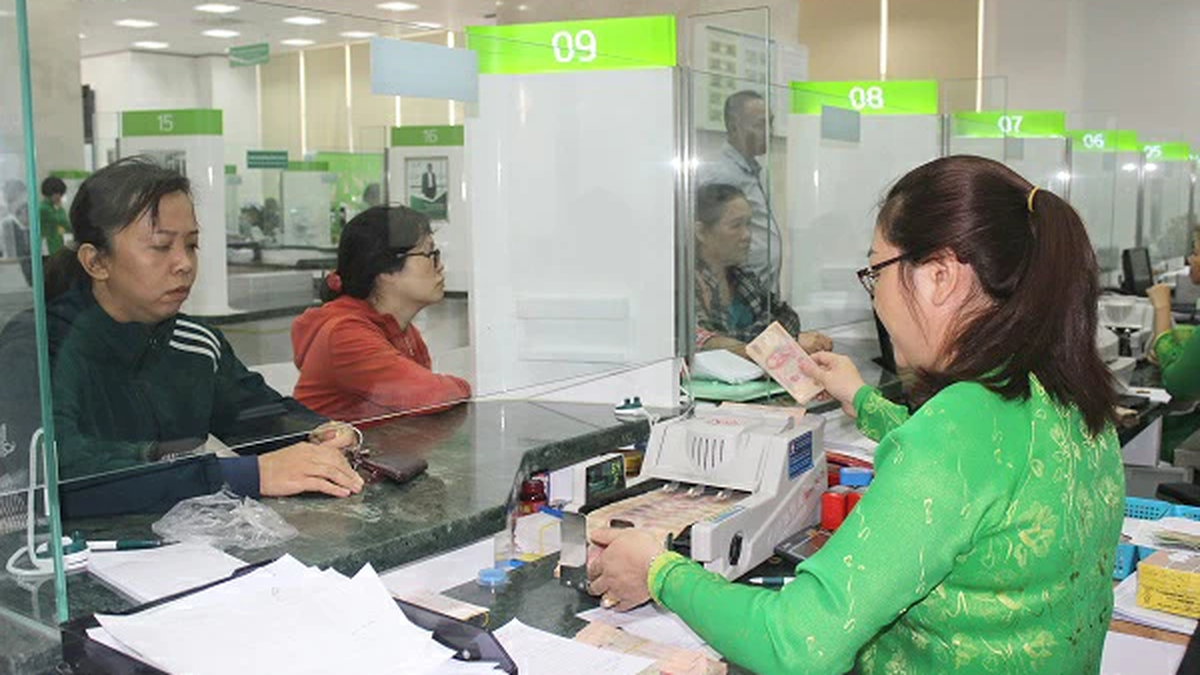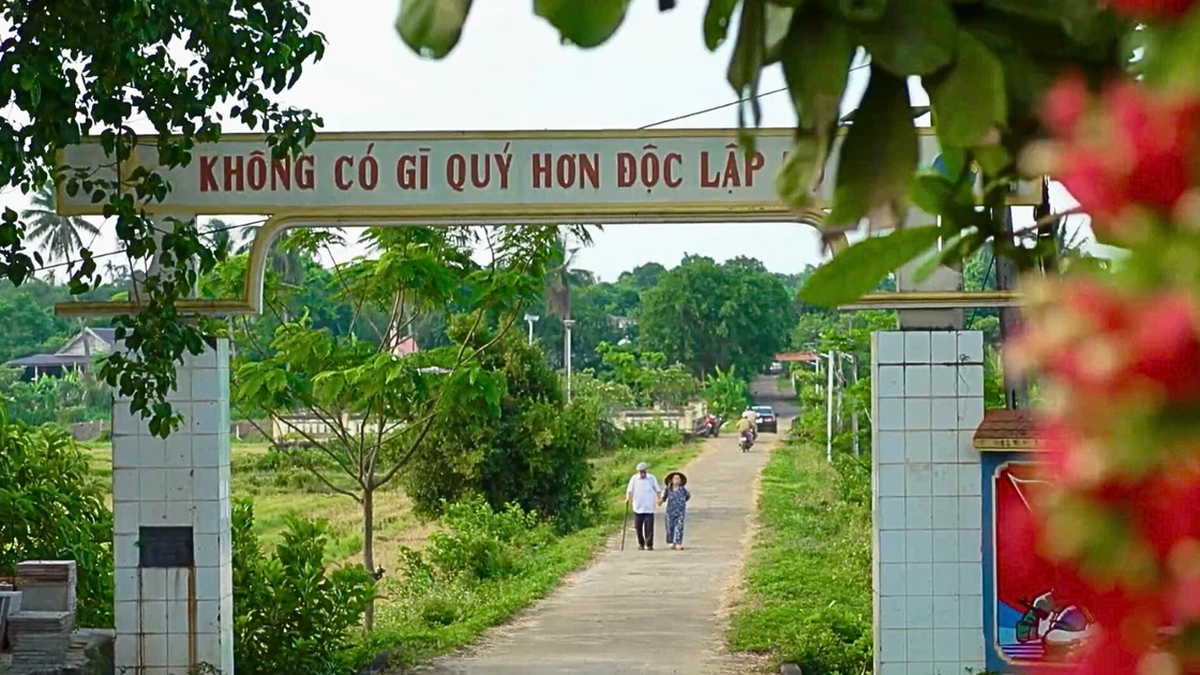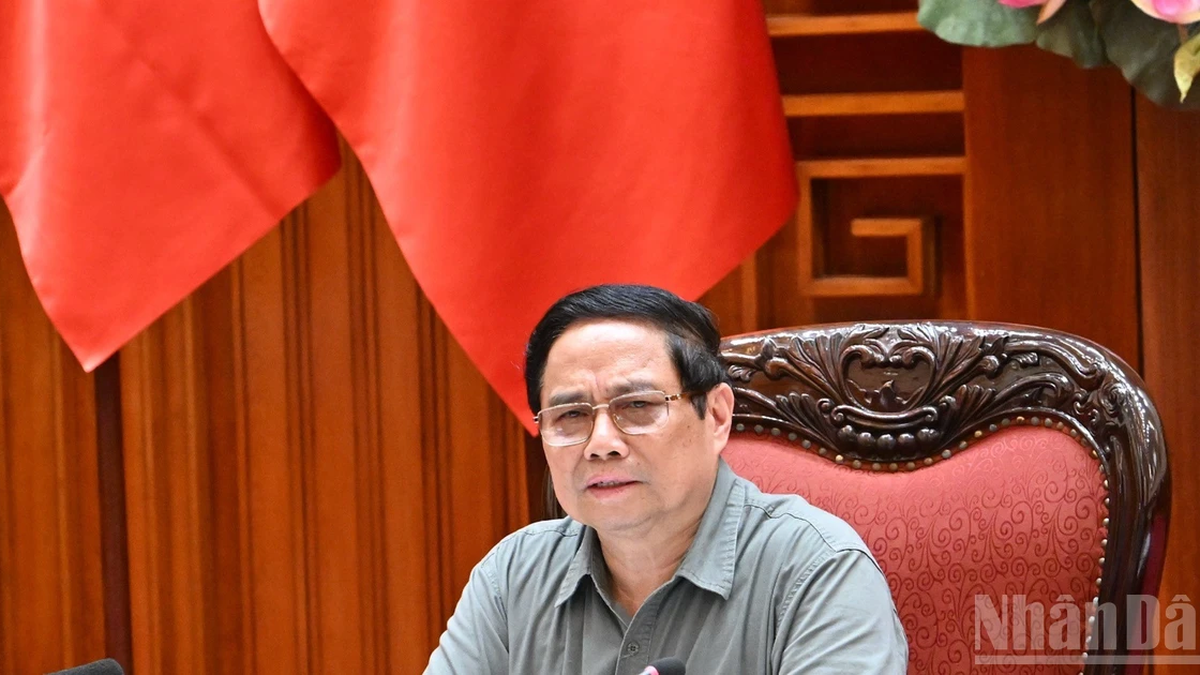SGGP
Philippine President Ferdinand Marcos stressed that the government's priority is to restore the agricultural sector, making it the engine of growth for the Philippine economy .
 |
| Philippine President Ferdinand Marcos. Photo: REUTERS |
According to CNA, since Ferdinand Marcos was elected President of the Philippines last year, the Southeast Asian country has been facing a shortage of agricultural products, causing prices to skyrocket, including two items: onions and sugar. Meanwhile, the Philippines' rice imports have also increased sharply, despite it being one of the country's most essential food items.
Therefore, Mr. Marcos emphasized that the government's priority is to restore the agricultural sector, becoming the growth engine for the Philippine economy. In a first concrete step to realize this, the Philippine President has advocated for the cancellation of land use debt worth 1.04 billion USD of about 500,000 farmers.
Specifically, the new Agricultural Land Release Act that Mr. Marcos has just signed into law will waive all land-related debts of farmers who were allocated land with a 30-year payment period under the 1988 land reform program but are unable to pay. In 1988, about 4.8 million hectares of land - equivalent to 16% of the country's land area - were allocated to 3 million landless farmers. In the context of the decline in the contribution of the agricultural sector to the GDP, the Philippine Congress decided to pass the new law because 1.2 million hectares of allocated land have not been paid.
Speaking at the signing ceremony of the above law at the presidential palace, President Marcos stated that this huge debt could cause difficulties for farmers, so the government decided to take support measures.
He stressed that this also demonstrates the government’s efforts and responsibility towards the Filipino people. In addition, the government will spend an additional $3.6 million to compensate landowners who have transferred their properties to others.
The Covid-19 pandemic has affected the socio-economic development of the Philippines, such as increasing the national debt, fiscal deficit, and causing the unemployment rate to reach a record high. However, the government is trying to diversify the country's growth sources by expanding markets, enhancing production capacity, and increasing the value added of products and services. Promoting agricultural development is also an objective.
Source



































































































Comment (0)